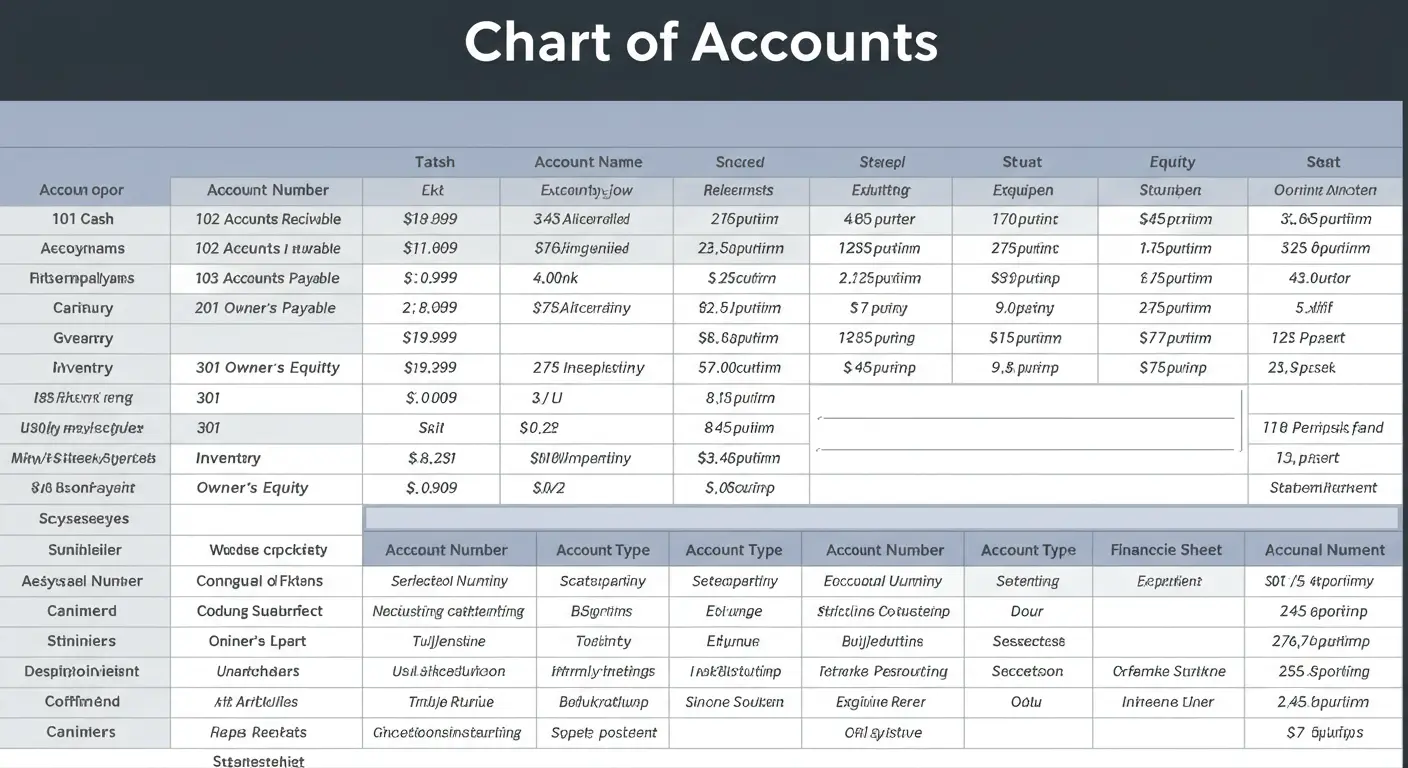What Is Managerial Accounting?
Managerial accounting involves analyzing and presenting financial data to help managers make informed business decisions. It focuses on budgeting, forecasting, cost analysis, and performance evaluation to improve internal operations and strategic planning. Managerial accounting, a branch focused on internal processes, is vital in providing managers with the financial information required to make informed decisions. Unlike financial accounting, which targets external stakeholders and highlights historical data, managerial accounting is future-oriented and personalized to meet the particular needs of management. This article delves into the essence of managerial accounting, its key components, and its significance in the corporate world.
Essence of managerial accounting
Managerial accounting, also known as management accounting, contains the collection, analysis, and presentation of financial information that supports managers in planning, controlling, and decision-making. It provides an inclusive view of the financial health of an organization, enabling managers to set goals, devise strategies, and assign resources competently.
Components of managerial accounting
Managerial accounting incorporates various techniques and tools designed to improve the decision-making process. This contains the tracking and analysis of costs associated with the production of goods or services. Cost accounting helps managers understand where expenses are acquired and identify opportunities for cost decrease. It contains methods like job costing, process costing, and activity-based costing.
Budgeting is the process of creating a financial plan for the future, outlining predictable revenues and expenditures. Forecasting, on the other hand, includes forecasting future financial outcomes based on historical data and market trends. These tools are crucial for setting financial goals and ensuring that resources are used excellently.
Managerial accounting uses several metrics and key performance indicators (KPIs) to assess the proficiency and effectiveness of operations. These measurements help managers classify areas of improvement and the path of progress toward strategic purposes. This technique involves comparing actual financial performance with budgeted or forecasted figures. Variances are analyzed to understand the reasons behind deviations, enabling managers to take corrective actions and refine future planning.
Production and Sales
CVP analysis inspects the relationship between costs, revenues, and profits at different levels of production and sales. It helps managers control the break-even point and understand how changes in costs and volume control profitability.
Managerial accounting offers various analytical tools such as make-or-buy analyses, pricing strategies, and capital budgeting techniques. These tools support managers in making strategic decisions that support the organization’s financial objectives.
The Role of Managerial Accounting in Business
By providing detailed financial visions, managerial accounting helps in the enlargement of long-term strategic plans. It helps identify market opportunities, measure risks, and assign resources in a way that supports the organization’s strategic purposes.
Managerial accounting methods, such as variance analysis and performance measurement, empower managers to monitor and increase operational efficiency. By classifying incompetence and executing cost-saving measures, organizations can enhance productivity and profitability.
Effective resource distribution is critical to achieving organizational goals. Managerial accounting helps managers highlight investments and assign resources to projects that offer the highest returns, certifying the optimal use of capital.
Analytical Tools and Financial Data
Understanding and controlling costs is fundamental to maintaining productivity. Managerial accounting provides insights into cost behaviour, helping managers implement strategies to reduce costs without compromising quality. Managerial accounting establishes financial control mechanisms through budgeting and variance analysis. These controls ensure that expenditures are saved in check and financial targets are met.
By offering a range of analytical tools and financial data, managerial accounting helps managers in making informed decisions. Whether it’s calculating a new business opportunity, determining pricing strategies, or assessing investment options, managerial accounting provides essential information for decision-making.
Challenges in managerial accounting
Ensuring the accuracy and reliability of financial data is vital. Imprecise data can lead to defective analyses and poor decision-making. Integrating managerial accounting systems with other business systems, such as ERP (Enterprise Resource Planning) and CRM (Customer Relationship Management), can be multifaceted and expensive.
The business atmosphere is frequently evolving, and managerial accounting must acclimate to new regulations, technologies, and market circumstances. Managers must balance short-range financial performance with durable strategic purposes. Managerial accounting provides the tools to manage this balance, but it entails cautious planning and analysis.
What does the future hold for managerial accounting?
The future of managerial accounting is being shaped by technological advancements and the growing demand for real-time insights. Automation and artificial intelligence (AI) are streamlining traditional accounting tasks, allowing accountants to focus more on strategic analysis and decision-making. With tools like data analytics and predictive modeling, managerial accountants can now provide more accurate forecasts, identify trends, and offer actionable insights that drive business growth.
Cloud-based accounting solutions offer flexibility, scalability, and real-time access to financial data. Additionally, the role of managerial accountants is evolving from financial gatekeepers to strategic partners. By collaborating with various departments, they help shape business strategies, optimize processes, and ensure efficient resource allocation. As organizations adopt more agile and data-driven approaches, managerial accountants will play a crucial role in guiding businesses through a rapidly changing economic landscape.
Conclusion
Managerial accounting is a vibrant tool for organizational success, providing the financial insights needed for effective decision-making. By centring on internal processes and future-oriented analysis, managerial accounting helps managers plot strategically, improve operational proficiency, and achieve financial control. As technology continues to advance, the role of managerial accounting will only become more integral to the success of businesses in an increasingly multifaceted and competitive environment.
FAQ’s
What is the main focus of managerial accounting?
It discourses that management accounting emphasizes decision-making rather than making financial statements. Management accounting provides internal managers with information for planning and monitoring operations.
What regulates managerial accounting?
Reports created through managerial accounting are just flowing inside. Each organization is allowed to make its framework and rules on administrative reports.
















